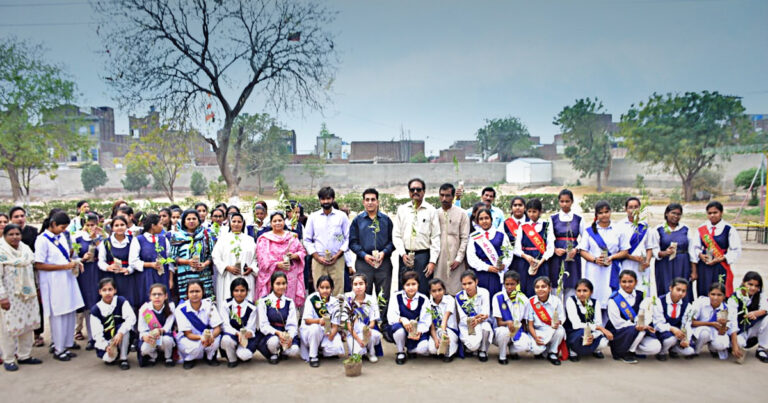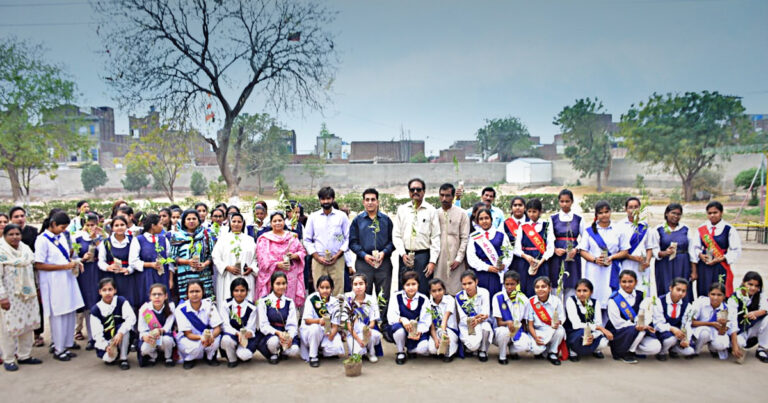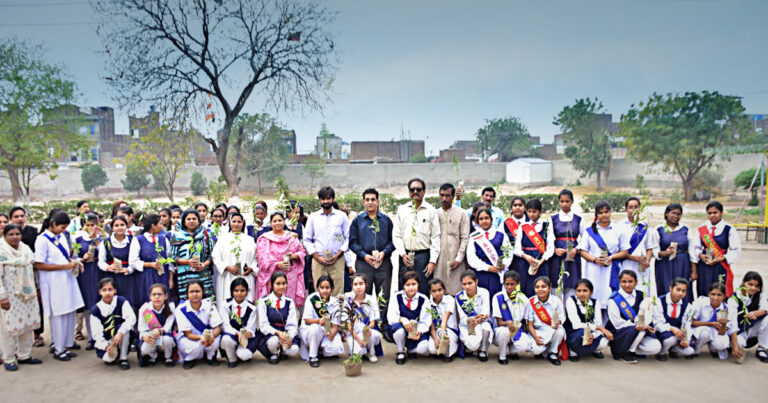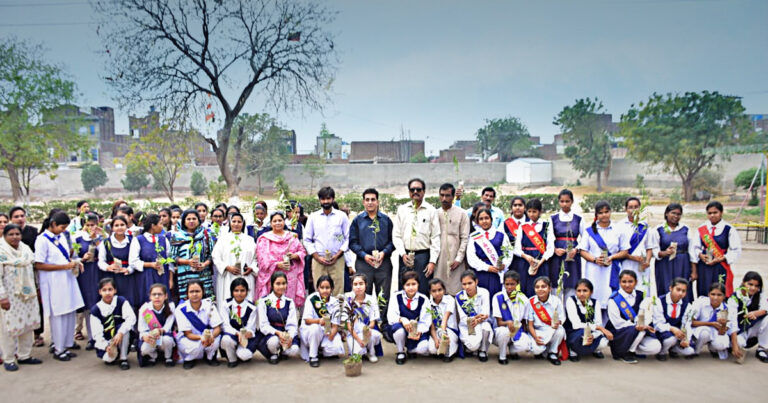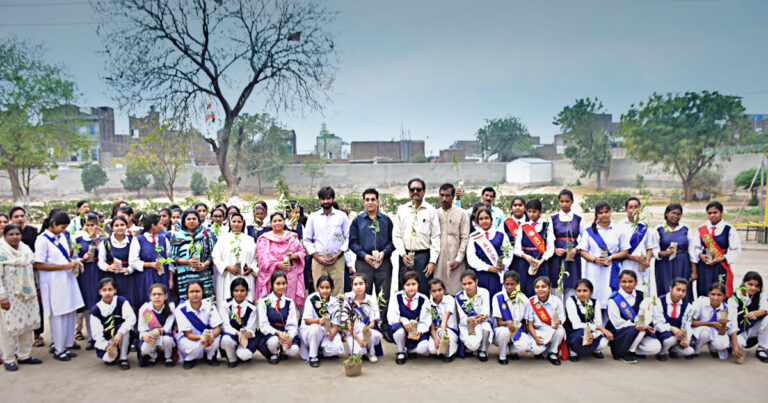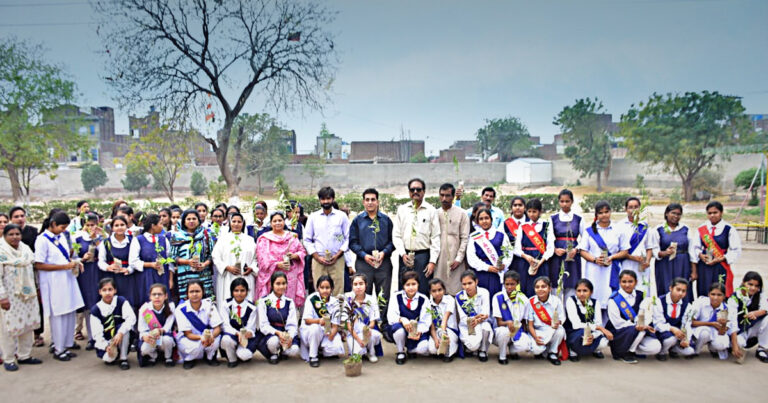NON-FORMAL EDUCATION
In 1994, AIM recognized the growing issue of illiteracy in its target areas, following comprehensive surveys conducted by the field team in Daudnagar, Salik Town, Khushall Town, Ibn-e-Mariam, and Malkhawala. Through interactions with the local community, it became clear that poverty was forcing children to work during the day, making it difficult for them to attend traditional morning school sessions
AIM engaged in lengthy discussions with the community to find a solution that would address this obstacle to education. The result was the establishment of Non-formal Education Centers, where evening classes were offered free of charge. These centers aimed to provide basic education to children who had no prior schooling experience. AIM developed special resource materials and designed a curriculum specifically tailored to their needs. These non-formal education classes have played a vital role in the development of rural communities in Pakistan. The children, ranging from 8 to 13 years old, lacked even the most basic education. AIM’s special resource books have proven to be effective tools in helping these children leam and catch up to their pee
The non-formal education classes are conducted in the evenings, ensuring that children can continue working and contributing to their families during the day. AM follows a structured syllabus, spanning from stage one to stage five, and periodically organizes various activities such as sports, research, social work and innovative skills development. To maintain the quality of teaching, AIM conducts monthly motivational and vocational training sessions and performs weekly evaluations to monitor the progress of the project. Additionally, annual exams assess the children’s intellectual growth, and seasonal recreational and educational trips are arranged to provide them with valuable experiences

